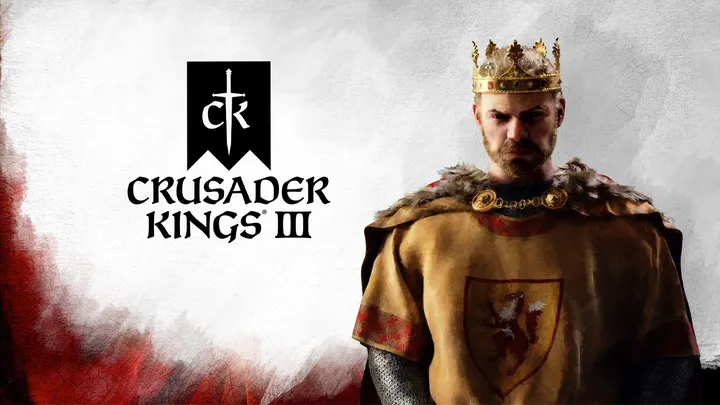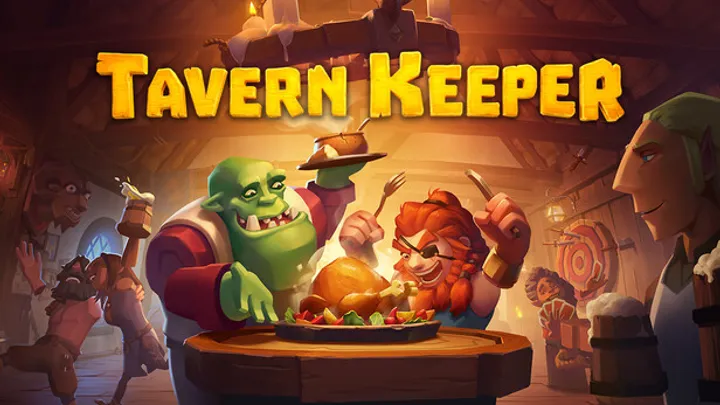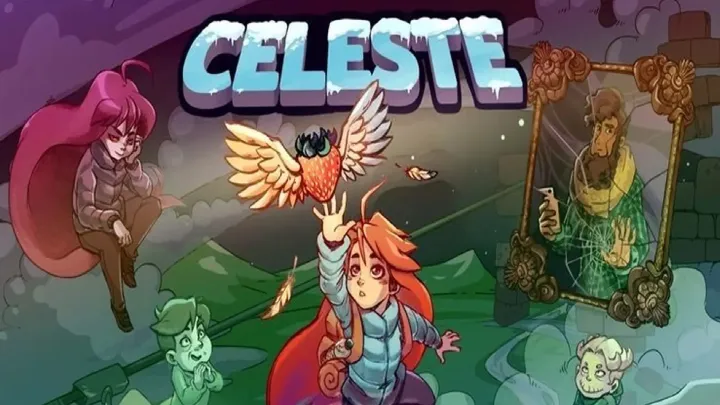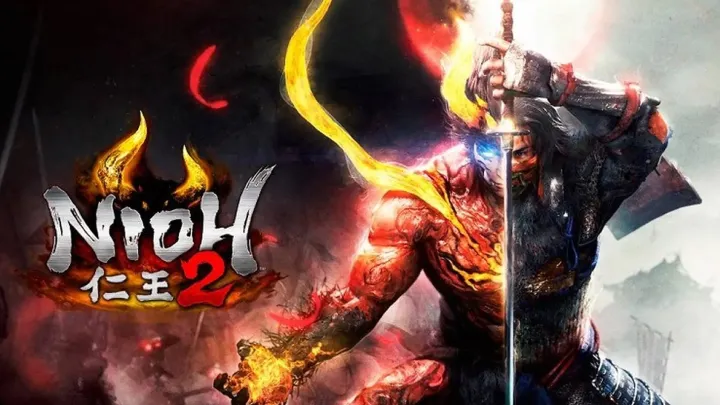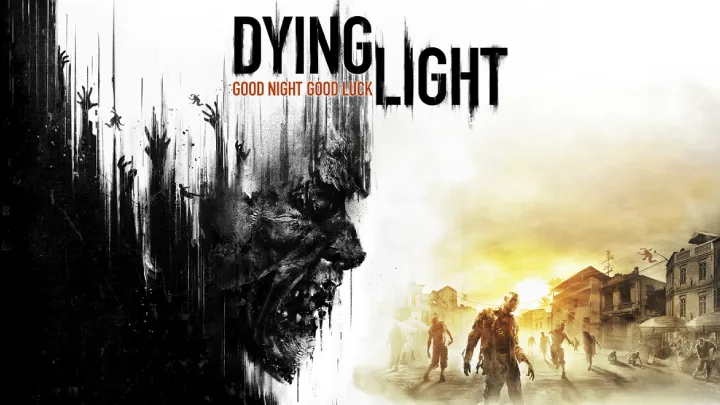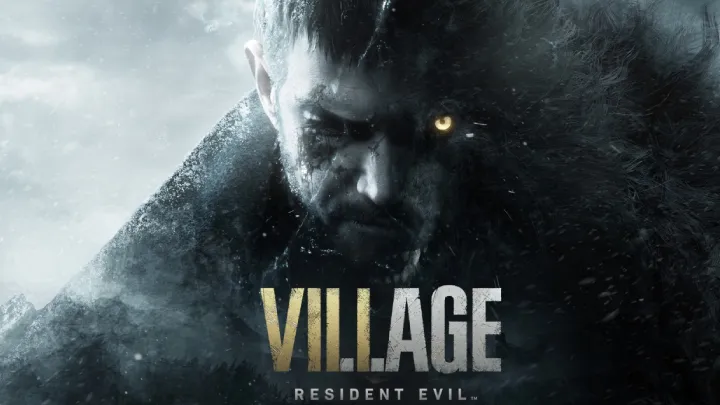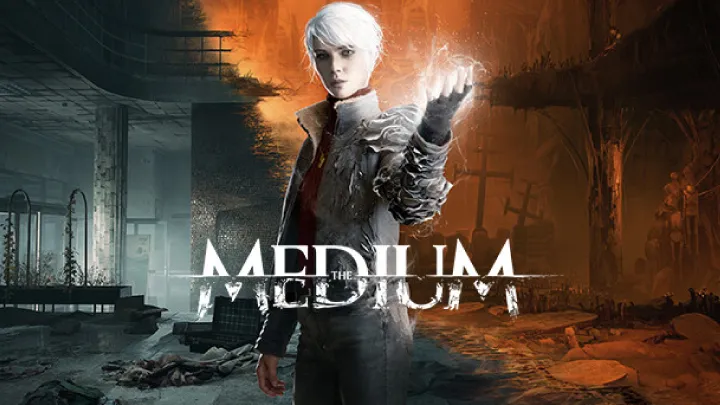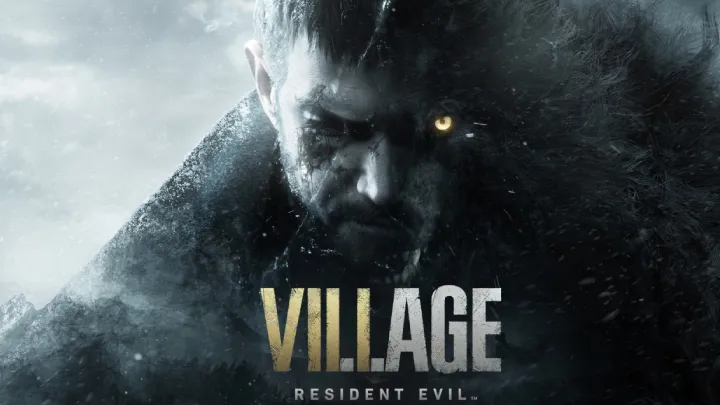
Resident Evil Village, the eighth main installment in the iconic survival horror franchise, continues the story of Ethan Winters as he searches for his kidnapped daughter in a mysterious Eastern European village. While the game is packed with horror elements, intense action, and memorable characters, it also delves deep into themes of family, loss, and transformation. This article explores the specific issue of family dynamics and how they influence identity and character development throughout Resident Evil Village, examining the intricate ways in which these themes affect the narrative and gameplay.
The Protagonist’s Journey: Ethan Winters
Ethan Winters returns as the main protagonist, having survived the harrowing events of Resident Evil 7: Biohazard. His journey in Village is not only a quest to rescue his daughter, Rose, but also a deeper exploration of his role as a father and the sacrifices he is willing to make for his family.
The Weight of Parenthood
Ethan’s motivations are deeply rooted in his role as a father. The stakes of his journey are personal; his daughter has been taken by supernatural forces, and the urgency of his quest drives him to confront unimaginable horrors. This paternal instinct shapes Ethan's character, illustrating how the love for a child can motivate individuals to confront their fears and push beyond their limits.
The Transformation of Ethan
As Ethan navigates the horrors of the village, players witness a transformation in his character. The emotional toll of his experiences, combined with his determination to find Rose, forces him to confront his vulnerabilities and fears. This transformation is marked by physical and psychological challenges that test his resolve and redefine his identity as both a survivor and a father.
The Village: A Family of Monsters
The village itself serves as a character, filled with grotesque inhabitants who embody various aspects of family dynamics. Each of the main antagonists represents a distorted version of family, exploring themes of loyalty, betrayal, and the lengths one will go to protect their loved ones.
Lady Dimitrescu: The Matriarch
Lady Alcina Dimitrescu is one of the most striking figures in Resident Evil Village. As the towering matriarch of her family, she commands authority and instills fear in the villagers. Her character embodies the idea of family loyalty taken to an extreme, as she fiercely protects her daughters and her domain.
The Distorted Family Dynamics
Dimitrescu’s relationship with her daughters—Bela, Cassandra, and Daniela—reflects a twisted sense of familial loyalty. Her maternal instincts are warped by her vampiric nature, leading to a relationship that is both nurturing and predatory. This complexity highlights the theme of how family bonds can be both protective and destructive, serving as a commentary on the nature of loyalty within familial structures.
The Other Villains: Varied Representations of Family
The other antagonists in the game, including Heisenberg, Moreau, and Lady Dimitrescu’s daughters, further explore the theme of family. Each character has their own twisted motivations tied to their familial connections, creating a rich tapestry of interactions that challenge Ethan’s understanding of family.
The Role of Betrayal
In particular, Karl Heisenberg’s character represents the conflict between familial loyalty and personal ambition. His resentment toward the family structure and desire for independence highlight the complexities of identity within a family dynamic. The betrayals and conflicts among the villains illustrate how familial ties can become a source of strife and conflict.
The Symbolism of the Village
The village itself, with its dark secrets and twisted inhabitants, symbolizes the dangers of familial loyalty taken to extremes. The horror elements present in the environment reflect the psychological terror that can arise from toxic family dynamics. As Ethan navigates this landscape, players are forced to confront the darker aspects of familial relationships.
Themes of Loss: The Driving Force of Ethan’s Journey
As Ethan pursues his daughter, themes of loss permeate the narrative, influencing his motivations and shaping his interactions with others. The emotional weight of loss becomes a driving force behind his actions.
The Fear of Losing Rose
Ethan’s quest to rescue Rose is fueled by the fear of losing her forever. This fear drives him into the depths of the village, where he confronts various horrors that challenge his resolve. The emotional stakes are high, as players witness Ethan’s determination to reunite with his daughter at any cost.
The Impact of Past Losses
Ethan’s journey is further complicated by his past experiences, including the traumas he faced in Resident Evil 7. The loss of his wife, Mia, and the horrors he endured shape his character and influence his decisions. This layered exploration of loss adds depth to Ethan’s identity, illustrating how past traumas can inform present actions.
The Role of Memory: Shaping Identity and Experience
Memory plays a crucial role in Resident Evil Village, influencing how characters perceive themselves and each other. The game invites players to reflect on the impact of memory on identity and the complexities of the past.
The Fragmentation of Memory
Ethan’s fragmented memories of past events, particularly those related to his family, serve as a backdrop for his journey. These memories often resurface during critical moments, forcing him to confront his fears and regrets. The game illustrates how memories can be both a source of strength and a burden, shaping one’s identity in profound ways.
The Influence of Nostalgia
The theme of nostalgia is also present, as Ethan reflects on his time with Rose and Mia. These moments of reflection serve to humanize him, reminding players of the stakes involved in his quest. The emotional resonance of these memories adds depth to his character, highlighting the importance of family in shaping identity.
The Agency of Choice: Navigating Relationships
Throughout Resident Evil Village, players encounter moments that require them to make choices that influence the narrative and shape relationships. These choices highlight the theme of agency within familial dynamics.
The Weight of Decisions
Players are often faced with decisions that carry emotional weight, impacting Ethan’s relationships with other characters. These choices reflect the complexities of identity and the struggle for agency in a world filled with danger. The narrative invites players to consider how their decisions shape not only their own experiences but also the lives of those around them.
Examples of Key Choices
- Interactions with Characters: Players choose how to interact with various characters, influencing relationships and emotional outcomes.
- Combat Decisions: Players make strategic choices during battles that reflect their approach to conflict and identity.
The Reflection of Selfhood
The choices made throughout the game prompt players to reflect on their own identities. As Ethan grapples with his trauma and the impact of his decisions, players are encouraged to consider how their own choices shape their sense of self. This reflective aspect of gameplay adds depth to the narrative, encouraging deeper engagement with the themes of identity and agency.
The Final Confrontation: Identity in Crisis
As the narrative builds toward its climax, Ethan faces a confrontation that challenges his understanding of identity and the impact of his trauma.
The Showdown with Mother Miranda
The final confrontation with Mother Miranda serves as a pivotal moment in Ethan’s journey. This encounter forces him to confront the very forces that have sought to manipulate him and define his reality. The emotional weight of this showdown underscores the themes of identity and agency.
The Emotional Resolution
As Ethan battles Mother Miranda, players witness his evolution from a passive participant in his own story to an active agent who asserts his identity. This moment encapsulates the essence of his journey, highlighting the importance of self-acceptance and the struggle for agency in a world filled with chaos.
Embracing Identity in the Aftermath
The resolution of the conflict allows Ethan to embrace his identity in a new light. He emerges not only as a skilled survivor but also as a character who understands the nuances of his past and the potential for his future. This evolution emphasizes the theme that identity is multifaceted and ever-changing.
The Aftermath: Reflecting on Family and Identity
Resident Evil Village encourages players to reflect on Ethan’s journey and the broader implications of family and identity. The aftermath invites players to consider the impact of their choices on both the protagonist and the world around him.
The Legacy of Ethan Winters
Ethan’s journey in Resident Evil Village serves as a powerful narrative about self-discovery and the complexities of identity. His evolution from a grieving husband to a determined father illustrates the transformative power of experience and choice.
A Call for Reflection
The game invites players to consider their own journeys of self-discovery and the identities they forge. By engaging with Ethan’s story, players are prompted to reflect on their values, choices, and the connections that shape their lives.
Community Reception: Engaging with Themes of Identity
The release of Resident Evil Village has sparked discussions within the gaming community regarding its exploration of family and identity. Players have shared their interpretations of the game’s themes, reflecting on the narratives that resonate with them.
Positive Feedback on Character Development
Many players have praised the game for its nuanced exploration of character development and emotional depth. Ethan’s internal struggles resonate with individuals who have faced similar conflicts in their lives, making his journey relatable and impactful. The game’s ability to tackle complex themes within an engaging narrative has garnered significant acclaim.
Critiques and Calls for Depth
Conversely, some players have expressed a desire for even deeper explorations of identity and family dynamics. While the game offers a rich narrative, there is an acknowledgment that the complexities of identity cannot be fully captured in a single story. This feedback emphasizes the need for ongoing conversations about family and representation in gaming.
Conclusion: The Enduring Impact of Family and Identity in Resident Evil Village
Resident Evil Village presents a profound exploration of family and identity through the journey of Ethan Winters. By navigating the complexities of selfhood, memory, relationships, and choice, Ethan emerges as a character who embodies resilience and growth. The game’s rich narrative invites players to reflect on their own identities and the journeys they undertake in search of self-understanding. As the gaming industry continues to evolve, the themes presented in Resident Evil Village will undoubtedly resonate with future narratives, reinforcing the importance of exploring the intricate connections between family, identity, and the quest for meaning.






